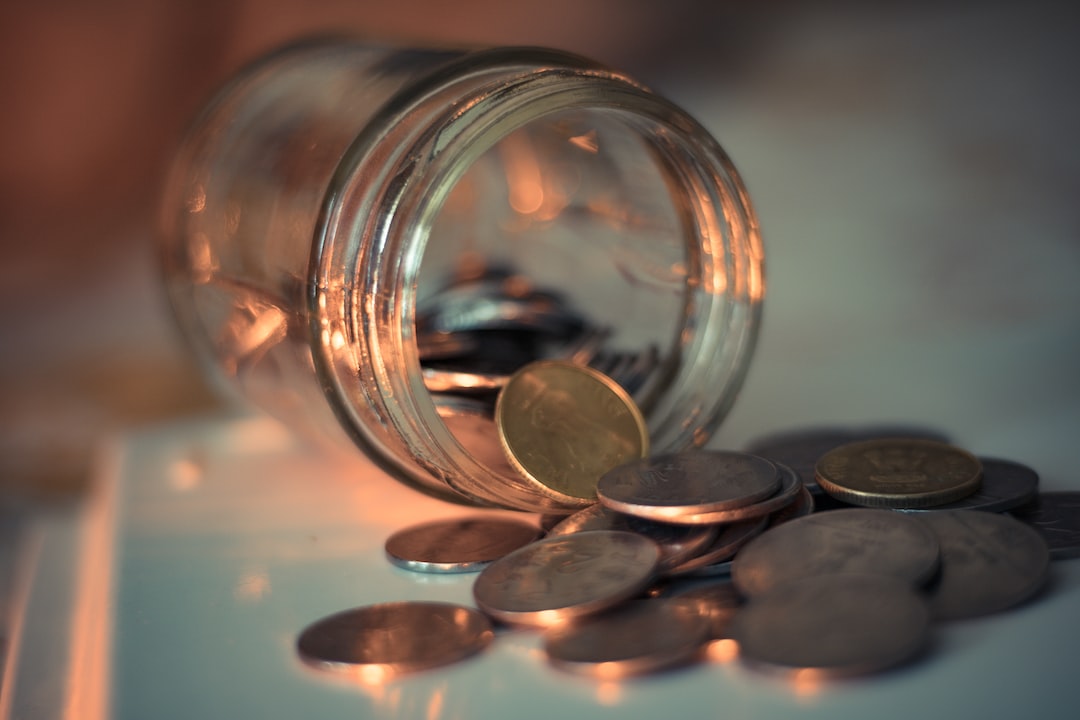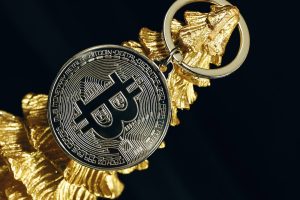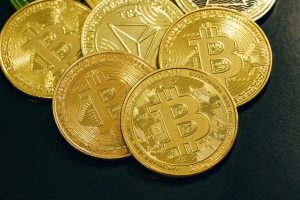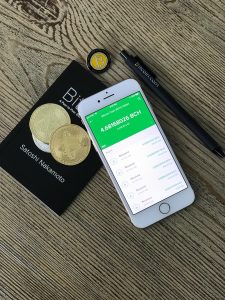Forex trading, also known as foreign exchange trading, is a global decentralized market where traders exchange currencies. It is a highly competitive and lucrative industry that attracts millions of traders worldwide. However, many people wonder who the owner of forex trading is. In this article, we will explore the different stakeholders involved in forex trading and who owns the market.
The Foreign Exchange Market
The foreign exchange market is a vast and complex network of financial institutions, corporations, central banks, governments, and individual traders. It is the largest financial market in the world, with a daily turnover of over $6.6 trillion. The market operates 24 hours a day, five days a week, and is open to traders from all over the world.
The market is decentralized, which means that there is no central exchange or clearinghouse. Instead, trading is conducted over the counter (OTC) through a network of banks, brokers, and other financial institutions. This makes forex trading accessible to anyone with an internet connection and a trading account.
Forex Brokers
Forex brokers are the intermediaries between traders and the forex market. They provide traders with access to the market, trading platforms, and other services. Forex brokers earn money by charging traders a commission or spread on each trade.
There are many forex brokers operating in the market, ranging from small, independent firms to large multinational corporations. Some brokers specialize in certain types of trading, such as day trading or scalping, while others offer a wide range of services for all types of traders.
Forex brokers play a crucial role in the forex market as they provide liquidity and facilitate trades. They also offer educational resources and support to help traders improve their skills and make informed trading decisions.
Individual Traders
Individual traders are the backbone of the forex market. They participate in the market by buying and selling currencies to make a profit. Individual traders can be anyone from amateur traders trading from their home to professional traders working for hedge funds and other financial institutions.
Individual traders usually trade through a forex broker using a trading platform. They use various trading strategies, including technical analysis, fundamental analysis, and price action trading, to make trading decisions.
Individual traders can access the forex market from anywhere in the world, making forex trading a highly accessible and flexible career option. However, forex trading can also be highly risky, and many traders lose money due to lack of experience, knowledge, and discipline.
Central Banks and Governments
Central banks and governments also play a significant role in the forex market. They use the forex market to manage their foreign exchange reserves, stabilize their currencies, and influence their economies.
Central banks can intervene in the forex market by buying or selling currencies to influence their exchange rates. They can also set interest rates to control inflation and stimulate economic growth.
Governments can also influence the forex market by implementing policies that affect their economies. For example, a government may implement trade tariffs or subsidies that affect the value of their currency.
In conclusion, the forex market is owned by a diverse group of stakeholders, including forex brokers, individual traders, central banks, and governments. Each of these stakeholders plays a crucial role in the functioning of the forex market, and their actions can have a significant impact on currency exchange rates. Forex trading is a highly competitive and lucrative industry that attracts millions of traders worldwide, but it is also highly risky and requires discipline, knowledge, and experience to be successful.





